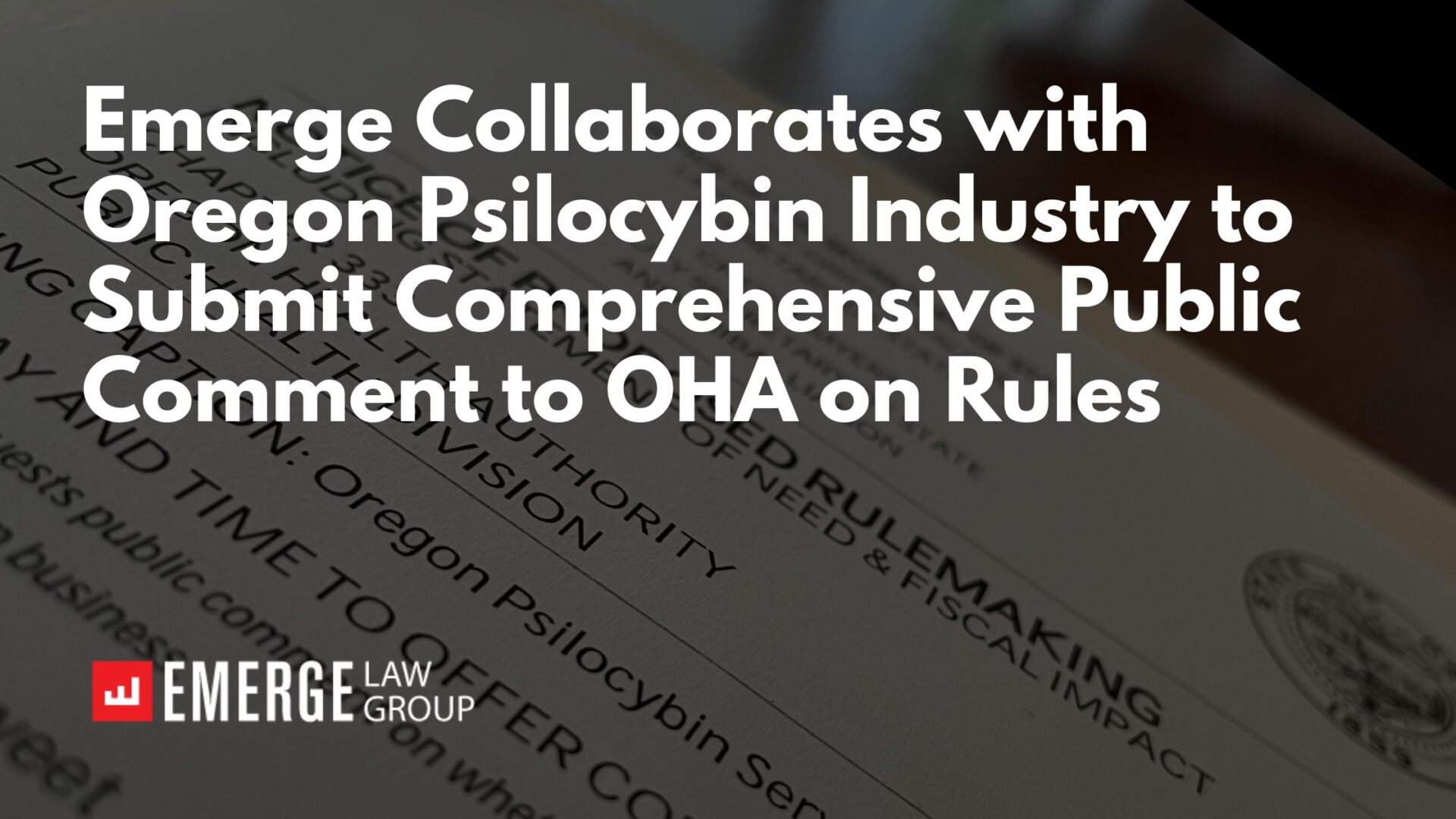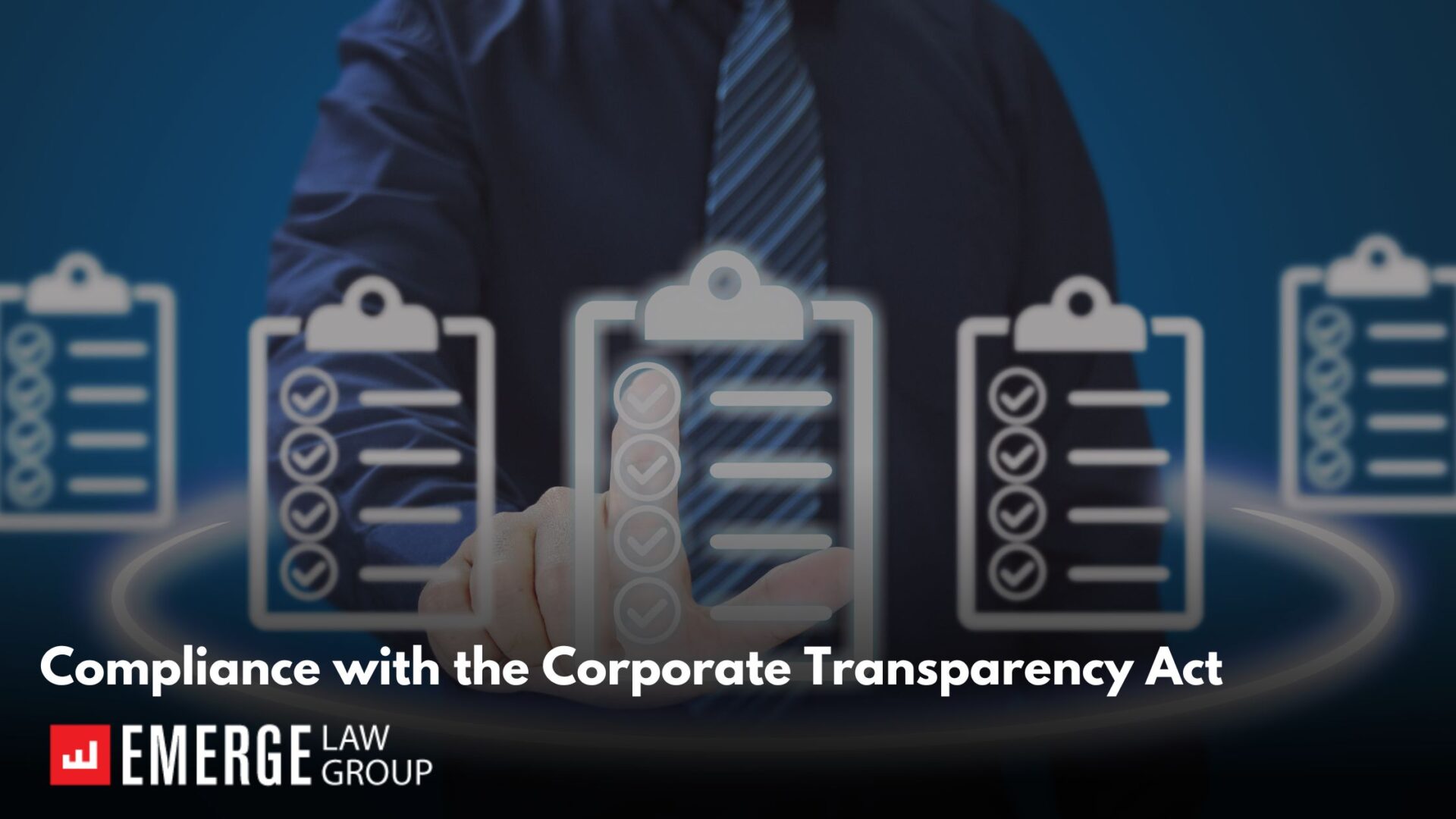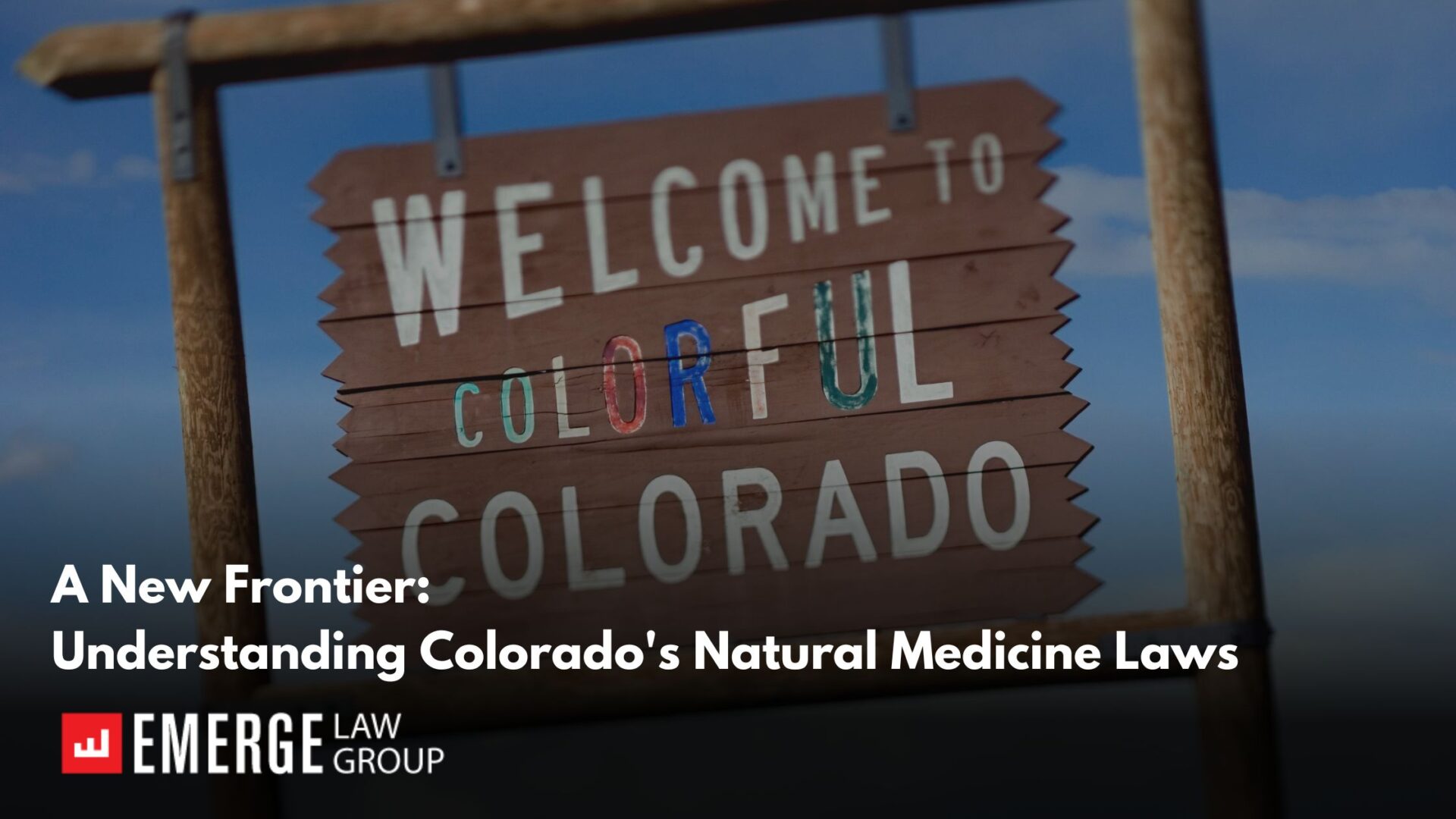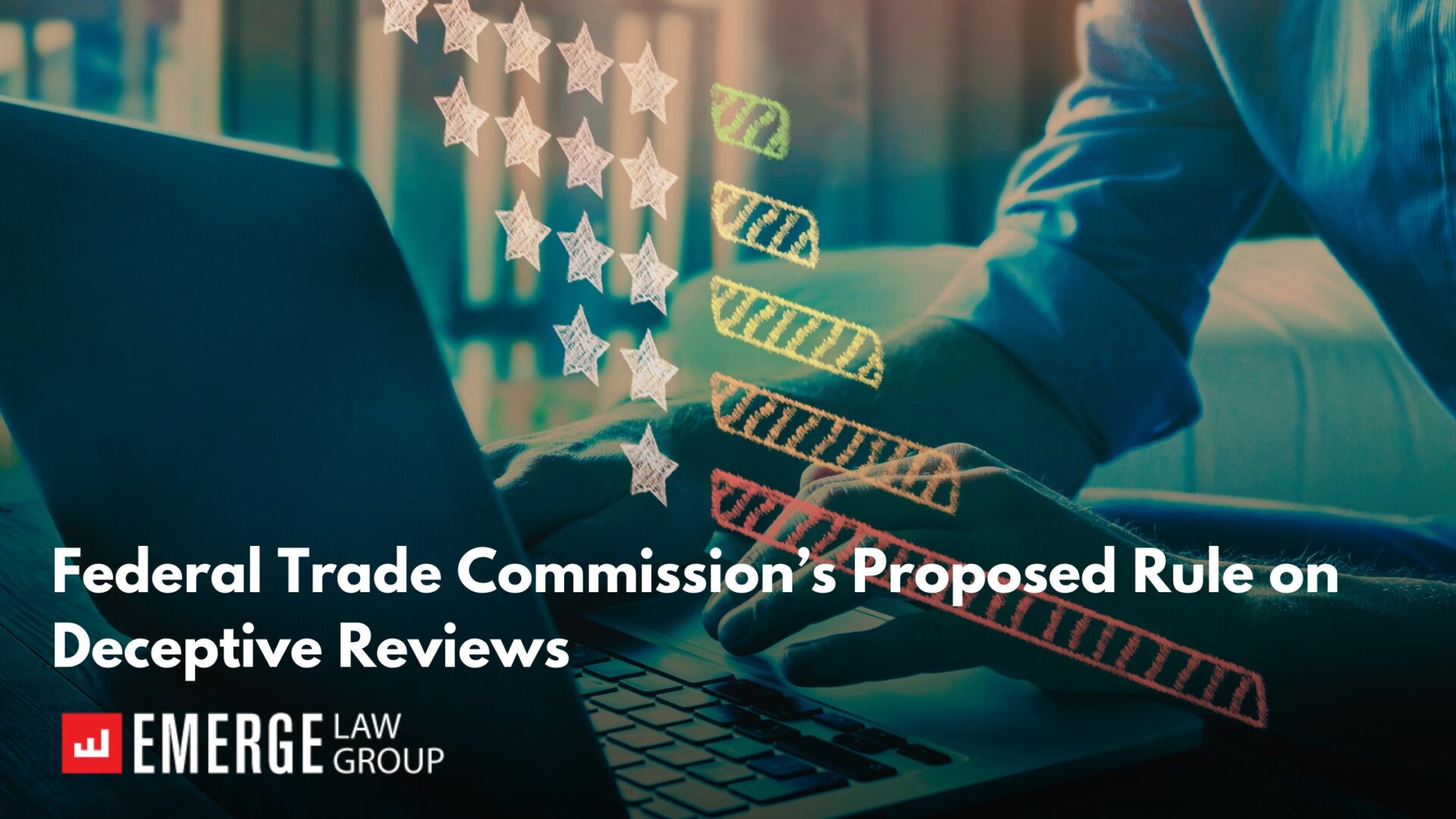
Kaci Hohmann
503.467.0399
EDUCATION
Lewis & Clark Law School, Juris Doctor, cum laude
University of Central Oklahoma, Bachelor of Arts
ADMISSIONS
New Jersey
Oregon
Colorado
PRACTICE AREAS
Industries
Kaci has extensive experience working on a variety of corporate matters, including matters involving corporate formation, corporate governance, debt and equity financing transactions, mergers and acquisitions, restructurings, and other corporate legal issues.
Kaci was a member of the drafting team for Oregon Measure 109, which legalized psilocybin services in Oregon, and serves as co-chair of Emerge Law Group’s psychedelics practice group.
Kaci also serves as chair of the Executive Committee of the Oregon State Bar’s (OSB) Cannabis and Psychedelics Law Section (CPLS) and chair of the Psychedelics Subcommittee of the CPLS.
Kaci believes lawyers are uniquely positioned to use their skills to bring positive change to our communities and lends her expertise as pro bono attorney to several Oregon organizations.
Kaci graduated from Lewis & Clark Law School where she was a teaching fellow in the legal writing department and secretary of the Student Bar Association. She was also voted outstanding associate editor of the Animal Law Review, the nation’s first law review dedicated to animal rights, and received an award for excellence in legal writing. While earning her law degree, Kaci worked as a law clerk at Emerge Law Group. Prior to attending law school, Kaci worked as a paralegal in Colorado and Oklahoma.
On the weekends, you’ll find Kaci enjoying books, music, friends, and Mother Nature’s playground with her partner.
Activities
Professional Memberships
Member, New Business Lawyers Subcommittee, Business Law Section, Oregon State Bar
Chair, Executive Committee, Cannabis and Psychedelics Law Section, Oregon State Bar
Chair, Psychedelics Subcommittee, Cannabis and Psychedelics Law Section, Oregon State Bar
Member, Executive Committee, Business Law Section, Oregon State Bar (2021 – 2023)
Co-Chair, Access to Justice Committee, Oregon New Lawyers Division, Oregon State Bar (2019-2020)
ONLD Liaison, Pro Bono Committee, Oregon State Bar (2019-2020)
Community Activities
Oregon Expungement Relief Project, Lead Pro Bono Attorney
Oregon Sex Workers Committee, Pro Bono Attorney
Speaking Engagements
September 29, 2023
Cannon Beach, OR
Cannabis and Psychedelics Law Institute
Oregon Psilocybin Services Program: Legal Update
September 13, 2023
Online Webinar
American Psychedelic Practitioner Association
September Town Hall – Navigating Legal Consents for Licensed Practitioners
June 20, 2023
Denver, CO
MAPS 2023
Talking About Taxes Panel
May 18, 2023
Portland, OR
PsyCon Oregon
Oregon Psilocybin Services Act Overview
May 18, 2023
Portland, OR
PsyCon Oregon
Organizing and Funding Oregon Psilocybin Businesses
May 16, 2023
Online Webinar
Healing Advocacy Fund/Emerge Law Group
280E and Psilocybin
February 9, 2023
Radio Show
Sex, Drugs, & Basketball
Oregon Psilocybin Laws
January 12, 2023
Online Webinar
The Seminar Group Legal and Regulatory Landscape for Psychedelics
Kickoff of Oregon Measure 109
September 24, 2022
Cannon Beach, OR
Cannabis and Psychedelics Law Institute
Legal Issues Facing Psilocybin Services Act Businesses (moderator)
September 15, 2022
Portland, OR
Horizons Northwest
Operating in Oregon Under the Psilocybin Services Act
Kaci’s Blogs & News
-

Emerge Collaborates with Oregon Psilocybin Industry to Submit Comprehensive Public Comment to OHA on Rules
On October 21, in response to serious concerns about the Oregon Health Authority’s (OHA) proposed Oregon Psilocybin Services (OPS) rule…
-

Natural Medicine Circle – Session 2: A Postcard from Oregon – Lessons Learned
Emerge Law Group is excited to announce the next FREE live virtual event in our series, “Natural Medicine Circle: Community Conversations…
-

Deep Dive Webinar Series – Session 9: OHA Rules Update + More
Emerge Law Group presents the first 2024 installment of its FREE virtual event series “Deep Dive Into the Oregon Psilocybin…
-

Compliance with the Corporate Transparency Act
Beginning January 1, 2024, a new federal law known as the Corporate Transparency Act (“CTA”) will take effect. The CTA…
-

A New Frontier: Understanding Colorado’s Natural Medicine Laws
Authors: Matt Brockmeier, Of Counsel; Kaci Hohmann, Attorney In a historic development echoing the Centennial state’s landmark 2012 ballot initiative…
-

Emerge Law Group announces FREE virtual event series, “Natural Medicine Circle: Community Conversations About the Colorado Natural Medicine Health Act“
This is the first of a series of in-depth conversations with the community about various legal and business issues involving…
-

PsychedeLinks – October 27, 2023
PsychedeLinks is a curated selection of top news stories impacting business, research, and culture in the psychedelics ecosystem, crafted by…
-

PsychedeLinks – September 1, 2023
PsychedeLinks is a curated selection of top news stories impacting business, research, and culture in the psychedelics ecosystem, crafted by Emerge…
-

PsychedeLinks – August 18, 2023
PsychedeLinks is a curated selection of top news stories impacting business, research, and culture in the psychedelics ecosystem, crafted by Emerge…
-

Federal Trade Commission’s Proposed Rule on Deceptive Reviews
Authors: Jay Purcell, Shareholder; Kaci Hohmann, Attorney; Blake Marvis, Attorney; Leticia Maskell, Law Clerk Summary. On July 31, 2023, the…
-

PsychedeLinks – July 7, 2023
PsychedeLinks is a curated selection of top news stories impacting business, research, and culture in the psychedelics ecosystem, crafted by Emerge…
-

PsychedeLinks – June 23, 2023
PsychedeLinks is a curated selection of top news stories impacting business, research, and culture in the psychedelics ecosystem, crafted by…